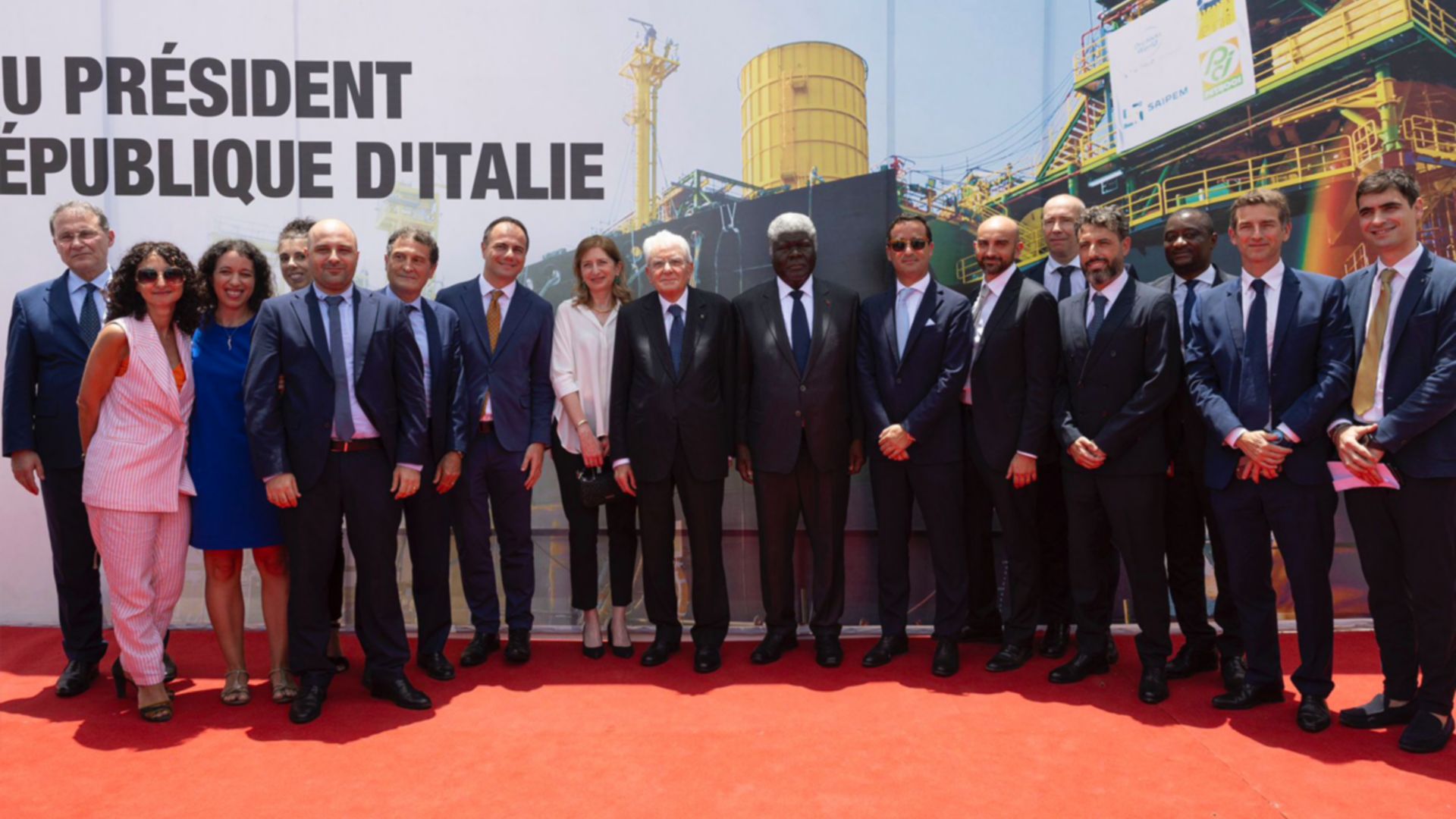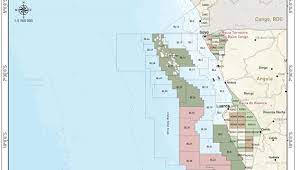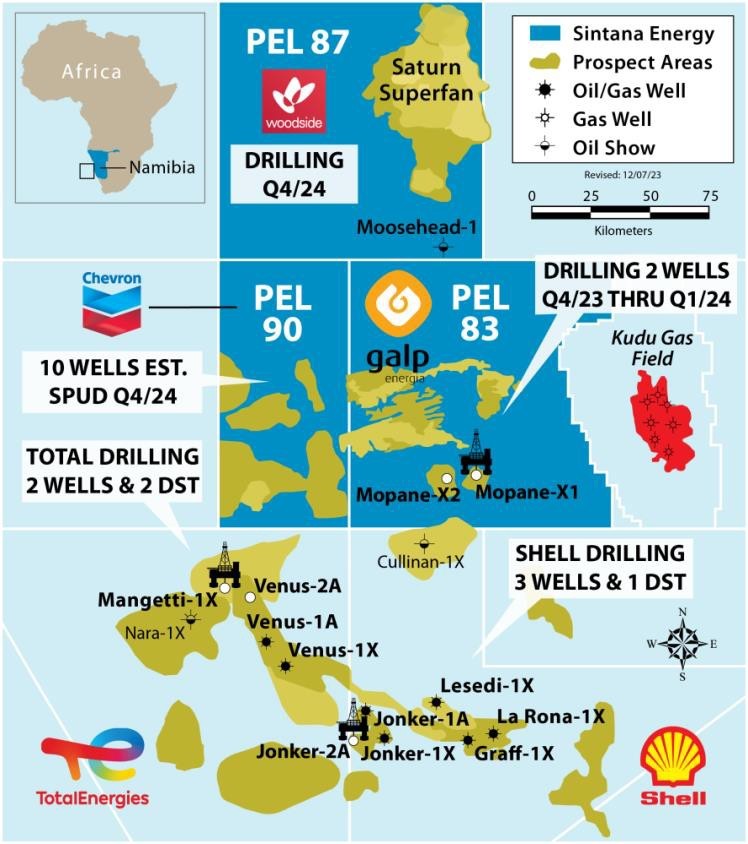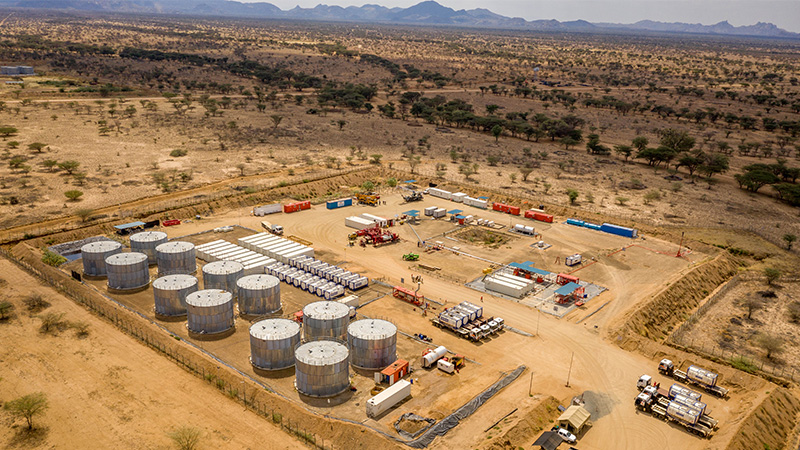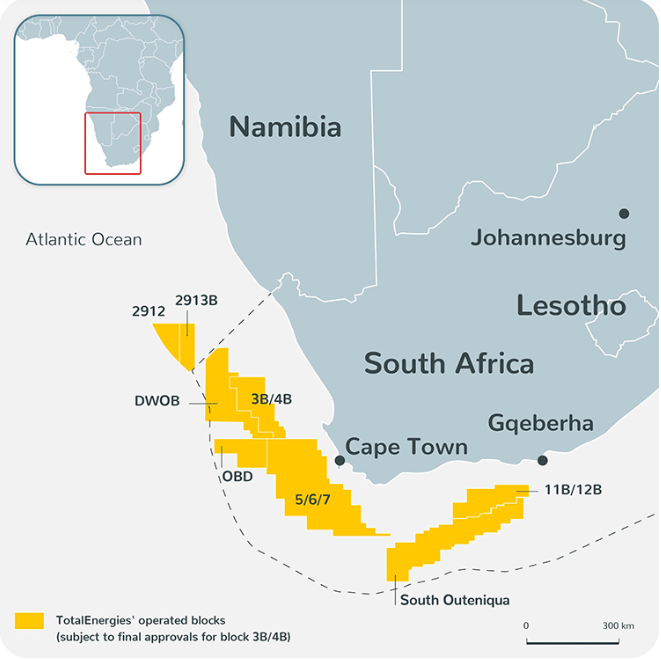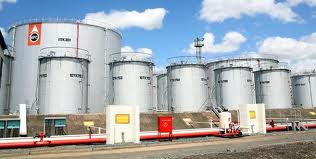Kenya asked not to brush aside oil marketers’ storage claims
Story courtesy of The Standard
The debate pitting marketers against the ministry of Energy and Petroleum and Kenya Pipeline Company is not healthy.
Worse, the country risks paying a heavy price in the event that the oil marketers are right in their assertions that dozens of speculators have invaded the petroleum market, taking up much of the storage space at the Mombasa port.
This would expose consumers to an acute shortage of fuel during the festive month of December and as is wont to happen at such times, prices would shoot up.
It would be highly regrettable were it to turn out that the ministry and pipeline officials did not learn any lessons in 2011, when a group of marketers held up to 19 million litres of petroleum in KPC tanks in anticipation of making huge profits during a similar period.
The resultant chaos is something the country can do without, especially considering the enormity of the internal and external challenges it is facing today.
This is why the best way forward is for Mr Davis Chirchir, the cabinet secretary to hold an urgent meeting to find out just what is going on in his backyard.
Whereas his statement that only two oil importing companies have been licensed since the beginning of the year could very well be right, that might not rule out the clandestine issuance of licenses to others without his knowledge.
He would not be the first cabinet secreatry to be left out of the loop by officers working under him.
The secreatry also needs to review the wisdom of giving the bulk of the storage space at the pipeline to fly-by-night oil companies that do not have distribution networks.
He should be worried in the event that the marketers are right when they say that a total of 16,483 cubic metres (16.4 million litres) or 40 per cent of total oil stock was allocated to the 16 newcomers between July and September this year.
The marketers further claim that another 13.8 million litres was allocated to the new companies in October, based on their market share, piling pressure on the pipeline.
The result is that oil marketers who have taken the trouble of building fuel stations and employing thousands of usually young people face frequent fuel supply challenges because of these wild swings in storage space. Obviously, the long-term solution is for the ministry to invest—with private sector players—in large storage facilities.
For best results, those investments should be accompanied by similar investments in KPC’s increased pumping capacity.
In the meantime, everything should be done to ensure the country does not end up paying for the venality of some public officers whose appetite for a quick shilling lures them to cut corners and circumvent agreements between key stakeholders in the industry.
The ministry should also ensure those of its officers who go against these agreements are made to pay with the loss of their jobs — at the very least.
Related articles
- Kenya Petroleum Refineries hit by shortage of funds (businessdailyafrica.com)
- Kenyan oil industry faces infrastructure, capacity challenges (oilnewskenya.wordpress.com)
- Oil shortage looms as firms row over port storage space (businessdailyafrica.com)
- Oil importers risk ban in stiff licensing guidelines to decongest fuel depots (businessdailyafrica.com)

